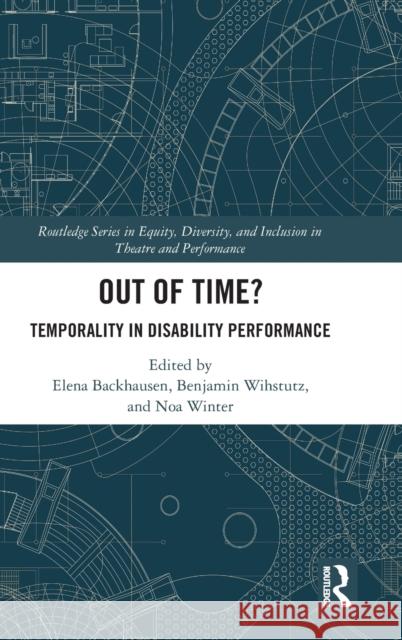Out of Time?: Temporality In Disability Performance » książka
Out of Time?: Temporality In Disability Performance
ISBN-13: 9781032220949 / Angielski
Out of Time?: Temporality In Disability Performance
ISBN-13: 9781032220949 / Angielski
(netto: 720,05 VAT: 5%)
Najniższa cena z 30 dni: 680,04
ok. 16-18 dni roboczych.
Darmowa dostawa!
The collective volume seeks to respond to these questions by exploring crip time in disability performance as both a concept and a phenomenon.
Out of time has many different meanings, amongst them outmoded, out of step, under time pressure, no time left, or simply delayed. In the disability context it may also refer to resistant attitudes of living in "crip time" that contradict time as a linear process with a more or less predictable future. According to Alison Kafer, "crip time bends the clock to meet disabled bodies and minds." What does this mean in the disability arts? What new concepts of accessibility, crip futures, and crip resistance can be staged or created by disability performance? And how does the notion of "out of time" connect crip time with pandemic time in disability performance?
The collective volume seeks to respond to these questions by exploring crip time in disability performance as both a concept and a phenomenon. The book tackles the topic from two angles: on the one hand from a theoretical point of view that connects performance analysis with crip and performance theory, on the other hand from a practice-based perspective of disability artists who develop new concepts and dramaturgies of crip time based on their own lived experiences and observations in the field of the performing and disability arts.
The book gathers different types of text genres, forms and styles that mirror the diversity of their authors. Besides theoretical and academic chapters on disability performance the book also includes essays, poems, dramatic texts, and choreographic concepts that reflect upon the alternative knowledge in the disability arts.











